Commemorative event with a delegation of 50 Holocaust survivors in front of the Brandenburg Gate to mark the 50th anniversary of the Nazi decree of “extermination through labour”, September 1992; photo: Documentation and Cultural Centre of German Sinti and Roma.
No appropriate compensation for Sinti and Roma persecuted by the Nazi regime
The aim of the civil rights work is to restore the dignity of the survivors of the genocide of the Sinti and Roma. Particularly humiliating in that regard was the exclusion of Sinti and Roma from the compensation provisions of the 1953 Federal Compensation Act (Bundesentschädigungsgesetz, BEG). Indeed, the German Parliament had established a “hardship fund” for persons of non- Jewish origin persecuted by the Nazis. However, many affected Sinti and Roma remained excluded from the allocation. The President of the Cologne administrative district, who was responsible for administering the payments, claimed in 1984 in an administrative court case that Sinti and Roma were not persecuted on “racial grounds”. In doing so, he raised a solid antigypsyist pattern of interpretation that had also underpinned the Federal Court of Justice judgement of 1956.
With the help of Nazi expert literature the Federal Court of Justice ruled in 1956, that all state persecution measures before 1943 were allegedly legitimate because they had been provoked by “gypsies” through “their own asocial conduct, criminality and roving spirit”: “They tend, as experience shows, to criminality, particularly to theft and deception, in many cases they lack the moral drive to respect the property of others, because – like primitive prehistoric men – they possess an unrestrained drive for occupation.” For many years, this landmark judgement had shaped the entire compensation legislation. It was also used to waive criminal proceedings against SS perpetrators. It is true that the Federal Court of Justice acknowledged the claim for compensation in 1963 in an amendment, but it did not distance itself from the racist characterisation of the minority until 2016.
Despite the gradual recognition of the Holocaust that has been achieved over the years, the compensation process frankly has to be described as undignified as a whole. Many victims have never received compensation for their incurred suffering.

The early days of civil rights work of German Sinti and Roma
Exhibition “The long path to recognition of the Roma and Sinti Holocaust”

First public civil rights campaign against racism
Exhibition “The long path to recognition of the Roma and Sinti Holocaust”
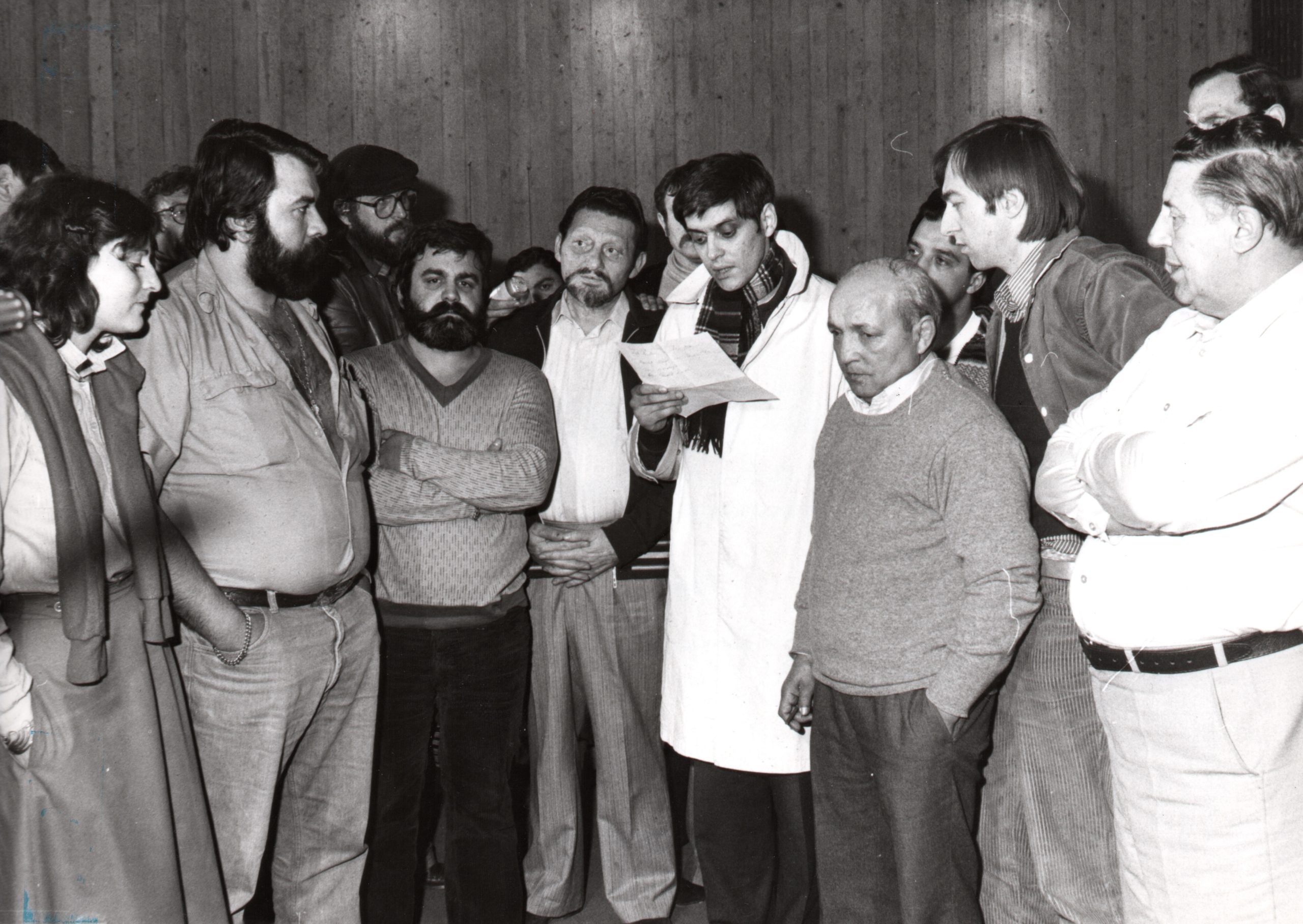
The hunger strike at the former concentration camp in Dachau
Exhibition “The long path to recognition of the Roma and Sinti Holocaust”
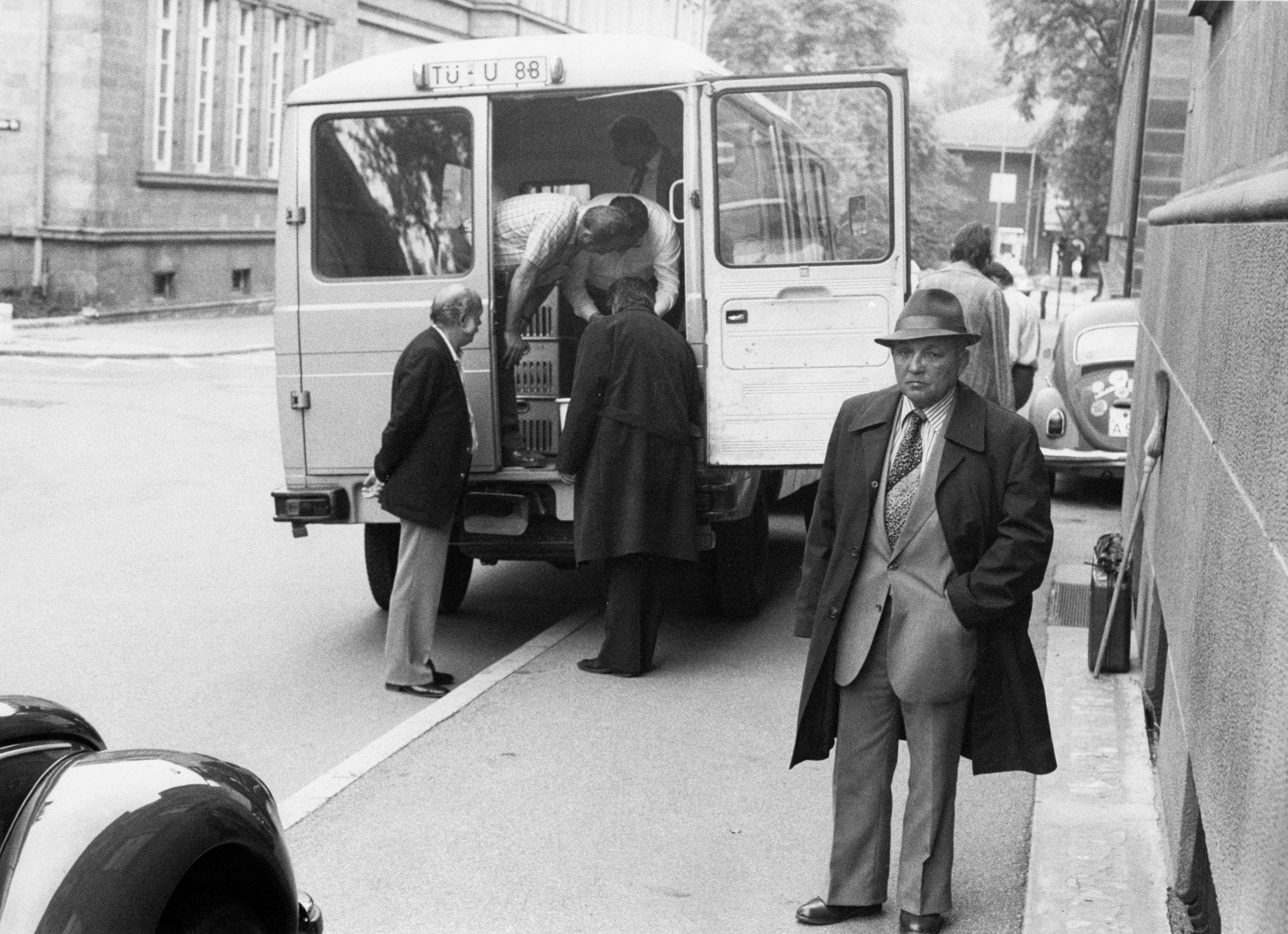
The search for the Nazi race files
Exhibition “The long path to recognition of the Roma and Sinti Holocaust”

The recognition of the Nazi genocide of the Sinti and Roma
Exhibition “The long path to recognition of the Roma and Sinti Holocaust”
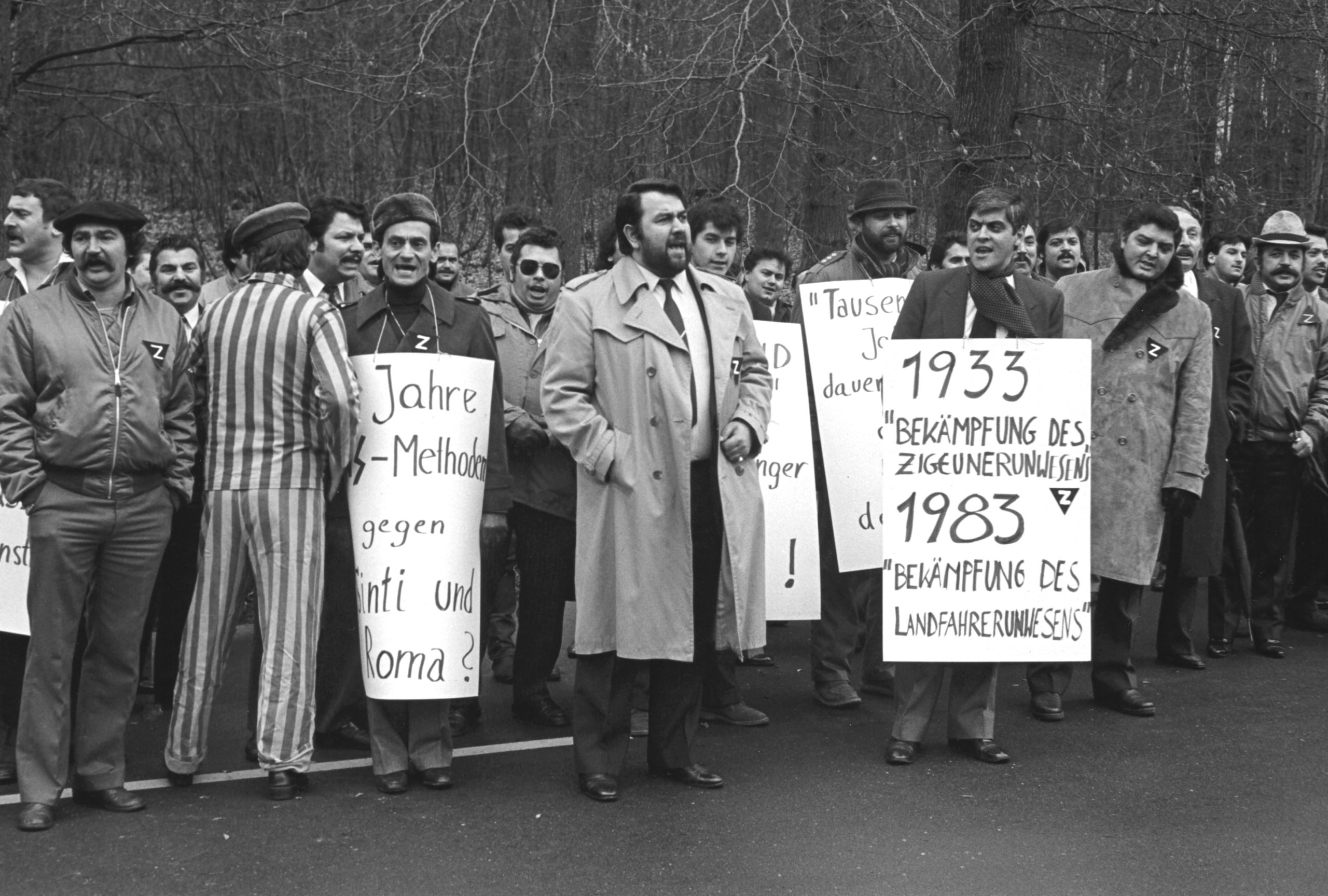
Protests against special registration by the police
Exhibition “The long path to recognition of the Roma and Sinti Holocaust”
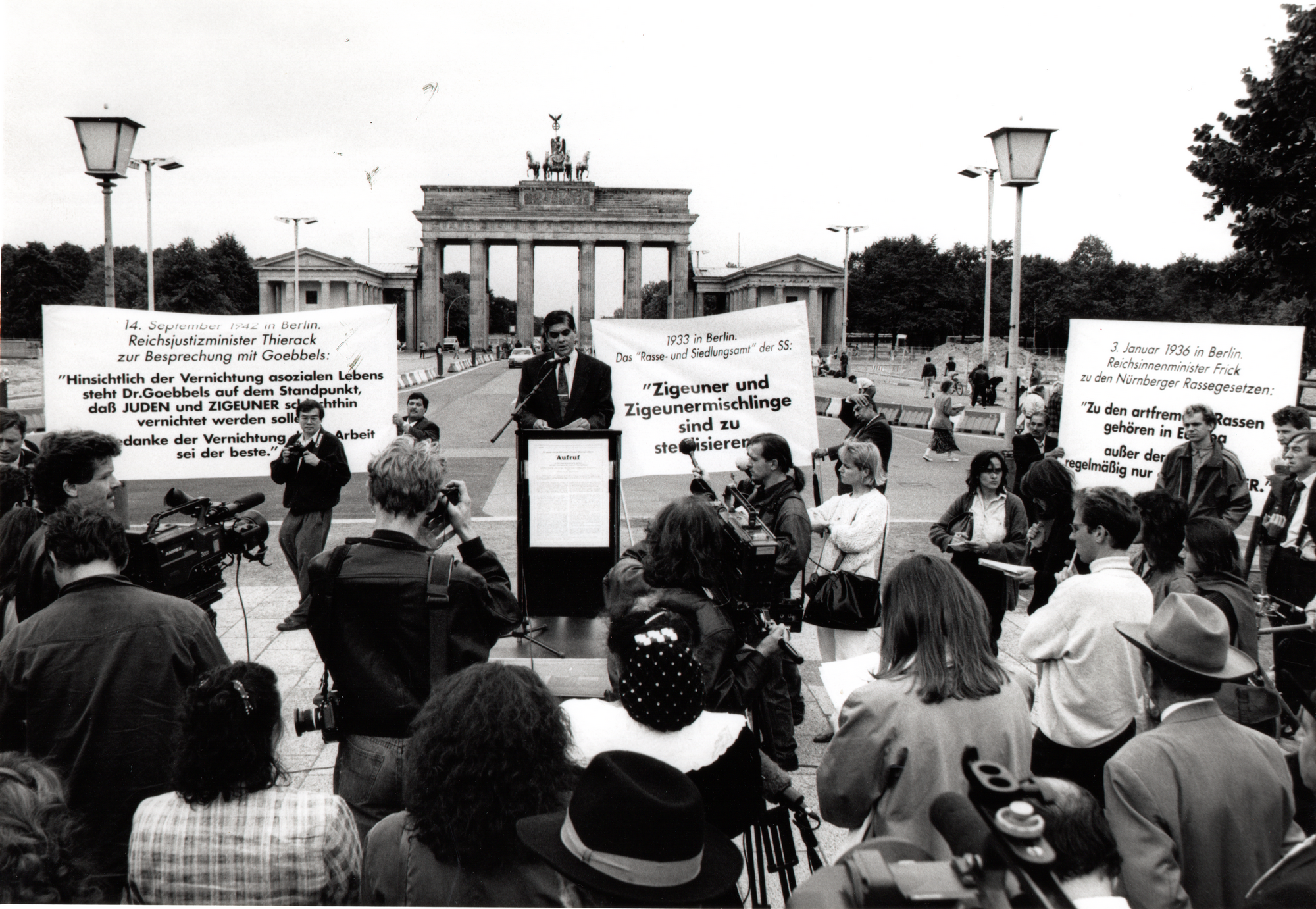
No appropriate compensation for Sinti and Roma persecuted by the Nazi regime
Exhibition “The long path to recognition of the Roma and Sinti Holocaust”

Remembrance in Auschwitz
Exhibition “The long path to recognition of the Roma and Sinti Holocaust”

The world’s first permanent exhibition on the Nazi genocide of the Sinti and Roma
Exhibition “The long path to recognition of the Roma and Sinti Holocaust”
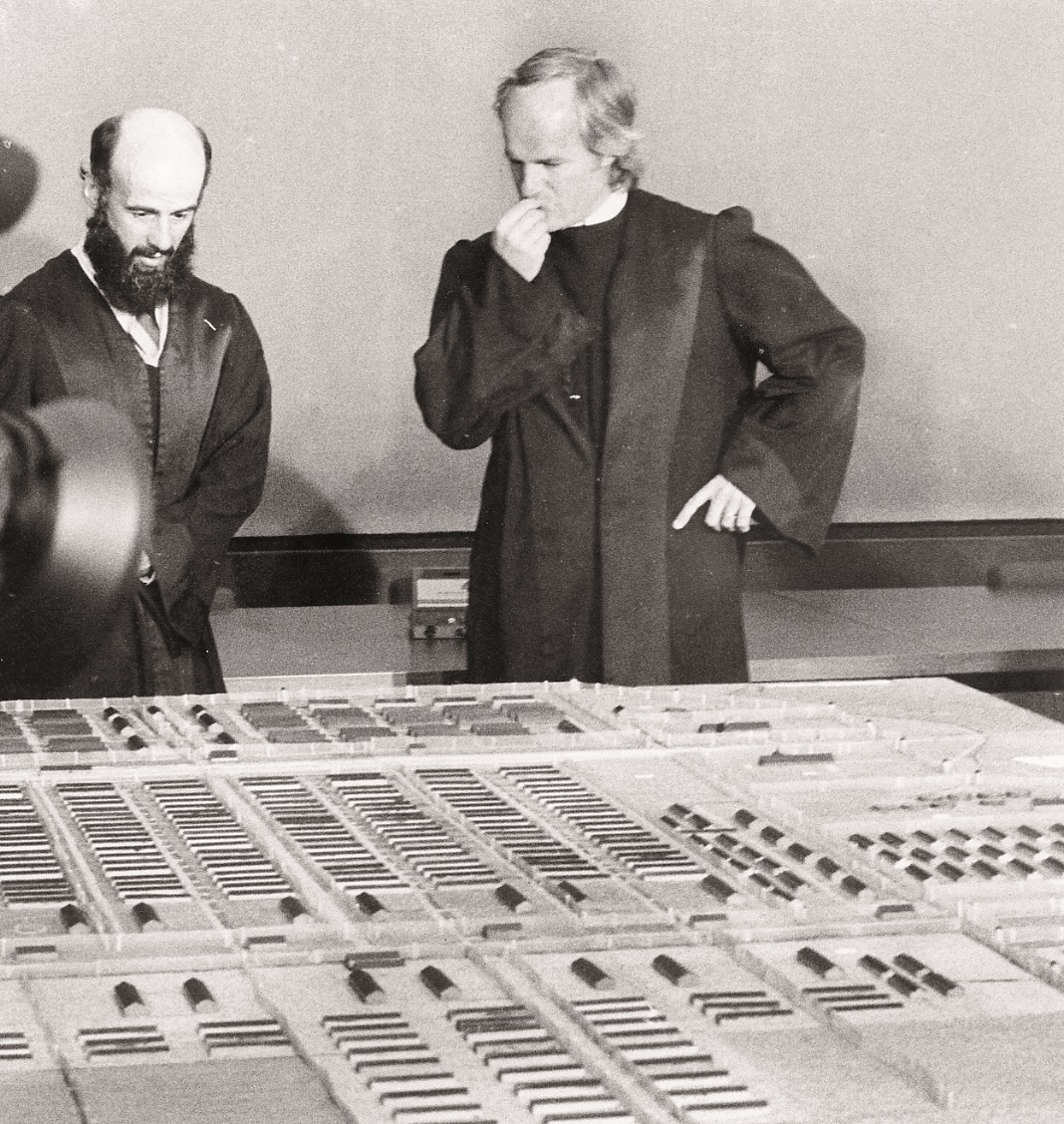
Clemency for the murderers – the Judiciary reviews Nazi crimes
Exhibition “The long path to recognition of the Roma and Sinti Holocaust”










